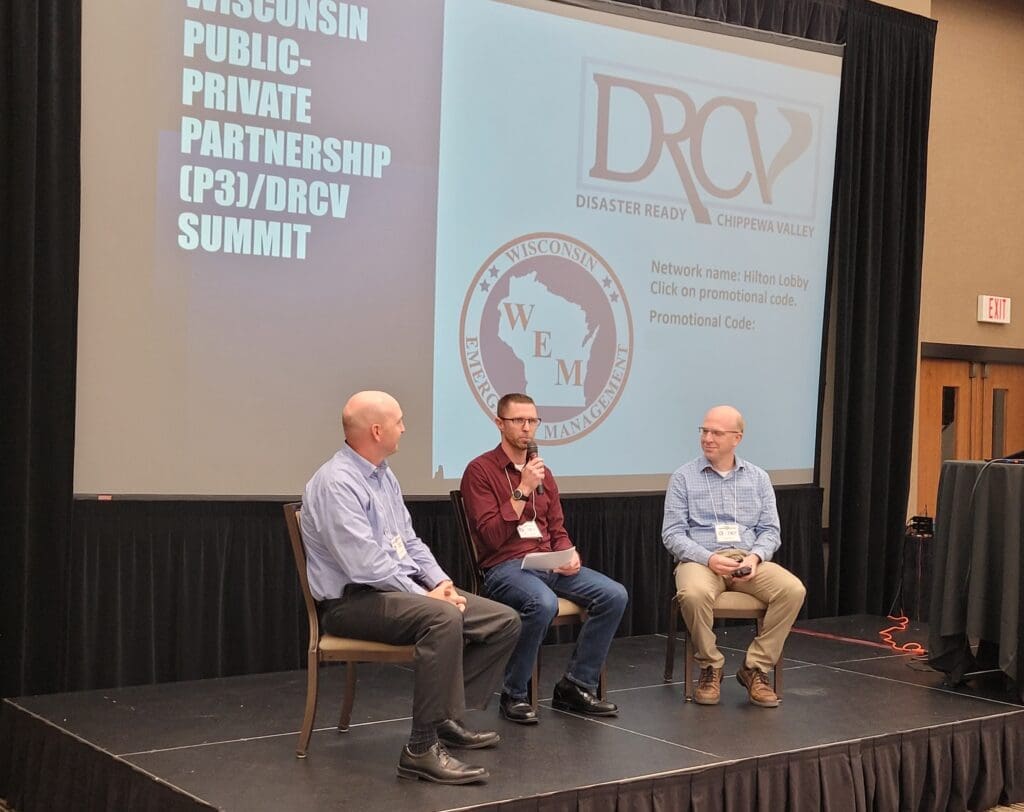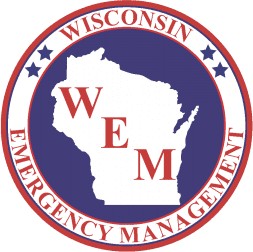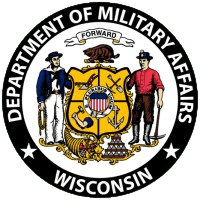
EAU CLAIRE, Wis. – When disaster strikes a community, the ability to recover and rebuild can depend greatly on the relationships that exist between local governments, businesses, and other organizations. Learning how to build and strengthen those relationships was among the issues focused on during the fourth annual Wisconsin Public-Private Partnership Summit, held this month in Eau Claire.
“In communities across the state, many people involved in emergency response and planning already have strong relationships established and they regularly work to support each other,” said Wisconsin Emergency Management Community Preparedness Coordinator Laura Reinke. “The summit provides an opportunity for several of those groups to share how they use those relationships to be more resilient, so that others can learn how to create their own network of support.”
Over the two days of the summit, attendees participated in Federal Emergency Management Agency (FEMA) training on how to prepare and plan for the impact of a disaster on businesses. They also heard from speakers on topics that included building more resilient infrastructure, public-private collaboration during pre-disaster planning, and current cybersecurity threats.
William Tyler, an expert on emergency and crisis management and a member of the state incident management team, offered a presentation on the challenges faced in creating a resilient supply chain. Tyler helped manage Wisconsin’s efforts to acquire personal protective equipment (PPE) during the state’s response to the COVID-19 pandemic.
“You have to be careful about avoiding paralysis through analysis,” Tyler warned. “You won’t have enough time, people or resources, but you will have to make a decision.”
In addition to hearing from experts, several summit participants noted that the event helps them make the connections that are essential to good disaster planning.
“A lot of people assume that businesses and governments have all these plans, but unless we take the time to make them and understand what’s in them, they don’t exist,” said Eau Claire County Board Supervisor Robin Leary. “This is a great opportunity to come together, learn, and find out where we need to go from here.”
“This is about building relationships before a disaster occurs,” added Chris Straight, the administrator of Disaster Ready Chippewa Valley.
For Cole Bisgard, business continuity and program manager at Hy-Vee Inc., the summit was also an opportunity to encourage local government and non-profit leaders to reach out to businesses about potential partnerships.
“Find out who the staples are in your community and approach them from a partnership conversation,” Bisgard advised. “It’s better to ask than it is to assume. Don’t assume they’re going to say no, because more than likely you’re going to find someone who wants to partner with you.”
The annual summit was coordinated by Wisconsin Emergency Management, Disaster Ready Chippewa Valley and members of the Wisconsin Private-Public Partnership Workgroup.

